Review of Pierrepoint
Introduction
About ten years ago, when in hospital in Southport, I was told the story of a condemned man who was led out to the gallows by his executioner and moaned all the way about how it was a travesty of a decision, how his wife didn`t even have the good grace to show up and, above all, how the terrible weather, with lashing rain and howling wind, was making a bad day even worse. "How do you think I feel?`" came the reply, "I`ve got to walk back again!" The hangman was Albert Pierrepoint, Britain`s most prolific and famous executioner who had retired to the seaside town.
Within minutes of the start of the film I quickly realised that this anecdote was nonsense, as the real Pierrepoint did not easily engage in conversation with his friends let alone his `victims` and was purely interested in doing his job as professionally, quickly and humanely as possible.
`Pierrepoint` follows his career as a hangman from his initial appointment and training in 1932 to his retirement in 1955 and includes the most high profile of his 608 executions including Timothy Evans, Ruth Ellis and the mass hanging of the Belsen prison camp commanders and guards.
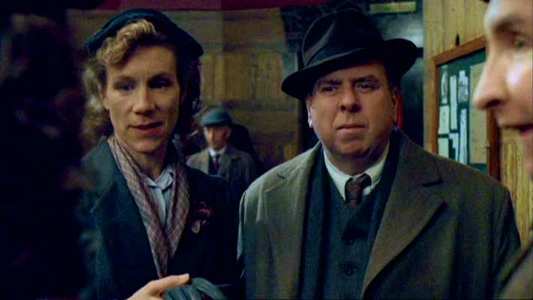
Video
The 1.78:1 anamorphic transfer provides a clear picture with good contrast and only a hint of grain. The film is predominantly desaturated, with greys, browns and generally muted colours used to convey the tone of the piece together with the period.

Audio
Presented in Dolby Digital 2.0 Stereo, the dialogue which dominates the film is clear and there is no hint of distortion.
There is also a well delivered audio descriptive track to enable visually impaired viewers to enjoy the film and both English and English HoH subtitles, the latter of which is much sharper and easier to read.
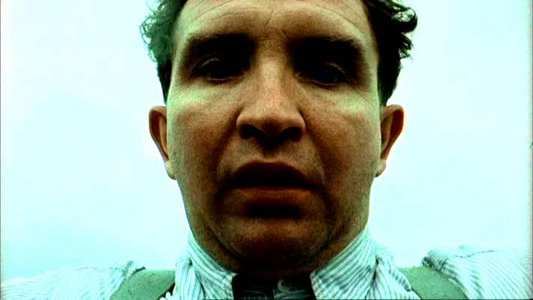
Features
None.
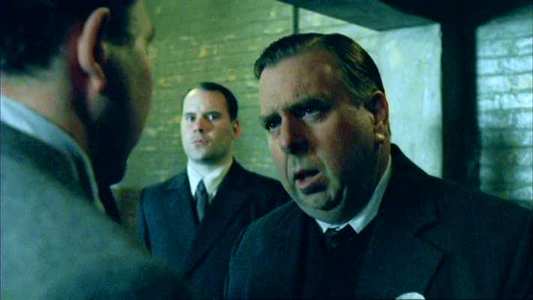
Conclusion
This biopic of, as the Americans incorrectly call him, `Britain`s last hangman`, is a fascinating and haunting piece with arguably the finest performance of Timothy Spall`s career at its heart. Cinematic executions are generally theatrical or sensationalised, if you think of the man on fire in the electric chair in `The Green Mile` or the stereotypical scenes of huge crowds surrounding a guillotine or gallows, or the giant in a black mask standing by a huge axe. `Pierrepoint` removes the mystery surrounding an execution and the psyche of an executioner.
Albert Pierrepoint was an ordinary man who delivered groceries but, like his father and uncle, had it `in him` to be an executioner and to kill people who had been condemned to death. He successfully maintained his anonymity and double life until the British military, recognising he is the best in the country, send him to Germany to execute the war criminals from the Belsen concentration camp. The high profile nature of the executions turns him into a minor celebrity and his meagre paypackets, having been stored by his wife, brilliantly played by Juliet Stevenson, allow the Pierrepoints to capitalise on his notoriety and buy a pub. Albert Pierrepoint`s celebrity status comes at a cost to his own peace of mind and ability to separate the professional and private aspects of his life. Ultimately, he becomes a focal point in the debate over the death penalty and his quiet life is a thing of the past.
Covering the two decades of Albert Pierrepoint`s career as a hangman, this is an assured and beautifully acted film and a great example of contemporary British cinema at its finest.
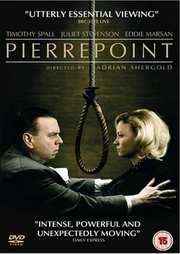











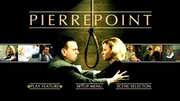
































Your Opinions and Comments
Be the first to post a comment!